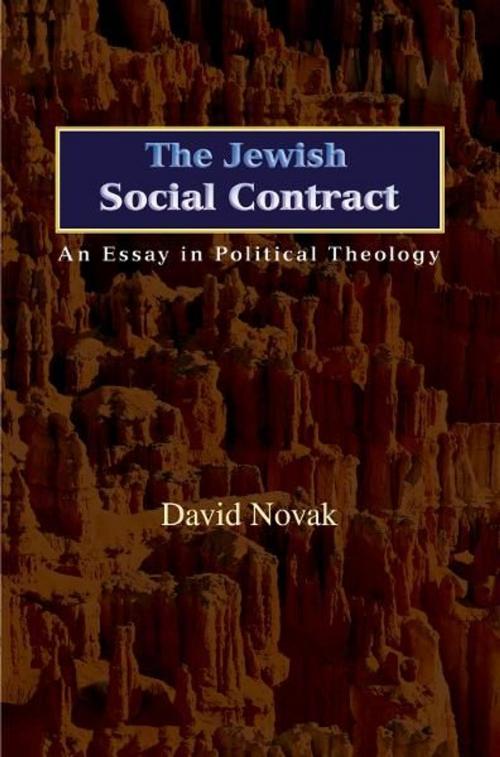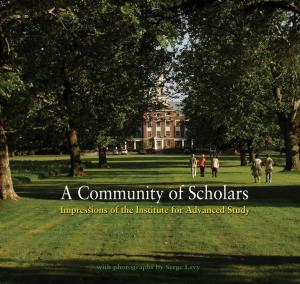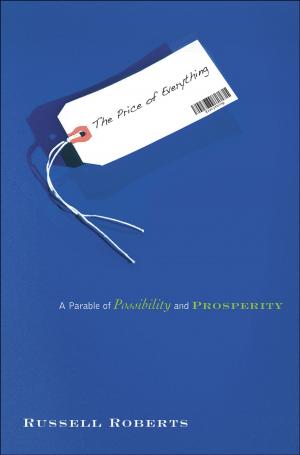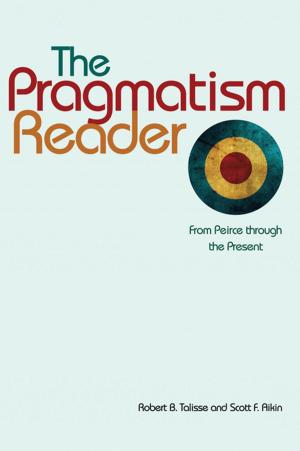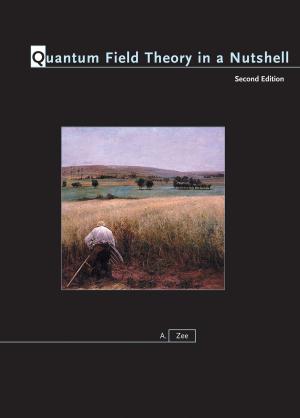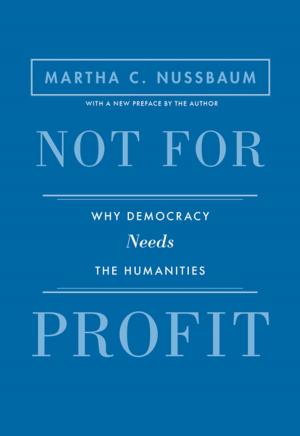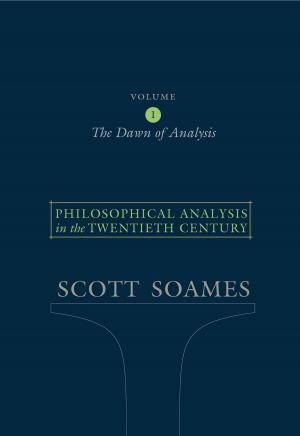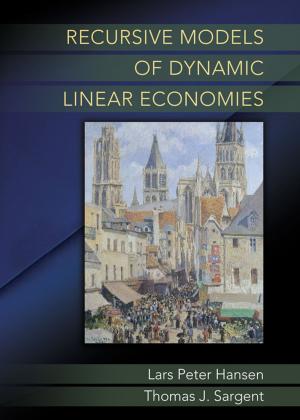The Jewish Social Contract
An Essay in Political Theology
Nonfiction, Religion & Spirituality, Philosophy, Political, Judaism, Social & Cultural Studies, Social Science| Author: | David Novak | ISBN: | 9781400824397 |
| Publisher: | Princeton University Press | Publication: | January 10, 2009 |
| Imprint: | Princeton University Press | Language: | English |
| Author: | David Novak |
| ISBN: | 9781400824397 |
| Publisher: | Princeton University Press |
| Publication: | January 10, 2009 |
| Imprint: | Princeton University Press |
| Language: | English |
The Jewish Social Contract begins by asking how a traditional Jew can participate politically and socially and in good faith in a modern democratic society, and ends by proposing a broad, inclusive notion of secularity.
David Novak takes issue with the view--held by the late philosopher John Rawls and his followers--that citizens of a liberal state must, in effect, check their religion at the door when discussing politics in a public forum. Novak argues that in a "liberal democratic state, members of faith-based communities--such as tradition-minded Jews and Christians--ought to be able to adhere to the broad political framework wholly in terms of their own religious tradition and convictions, and without setting their religion aside in the public sphere.
Novak shows how social contracts emerged, rooted in biblical notions of covenant, and how they developed in the rabbinic, medieval, and "modern periods. He offers suggestions as to how Jews today can best negotiate the modern social contract while calling upon non-Jewish allies to aid them in the process. The Jewish Social Contract will prove an enlightening and innovative contribution to the ongoing debate about the role of religion in liberal democracies.
The Jewish Social Contract begins by asking how a traditional Jew can participate politically and socially and in good faith in a modern democratic society, and ends by proposing a broad, inclusive notion of secularity.
David Novak takes issue with the view--held by the late philosopher John Rawls and his followers--that citizens of a liberal state must, in effect, check their religion at the door when discussing politics in a public forum. Novak argues that in a "liberal democratic state, members of faith-based communities--such as tradition-minded Jews and Christians--ought to be able to adhere to the broad political framework wholly in terms of their own religious tradition and convictions, and without setting their religion aside in the public sphere.
Novak shows how social contracts emerged, rooted in biblical notions of covenant, and how they developed in the rabbinic, medieval, and "modern periods. He offers suggestions as to how Jews today can best negotiate the modern social contract while calling upon non-Jewish allies to aid them in the process. The Jewish Social Contract will prove an enlightening and innovative contribution to the ongoing debate about the role of religion in liberal democracies.
